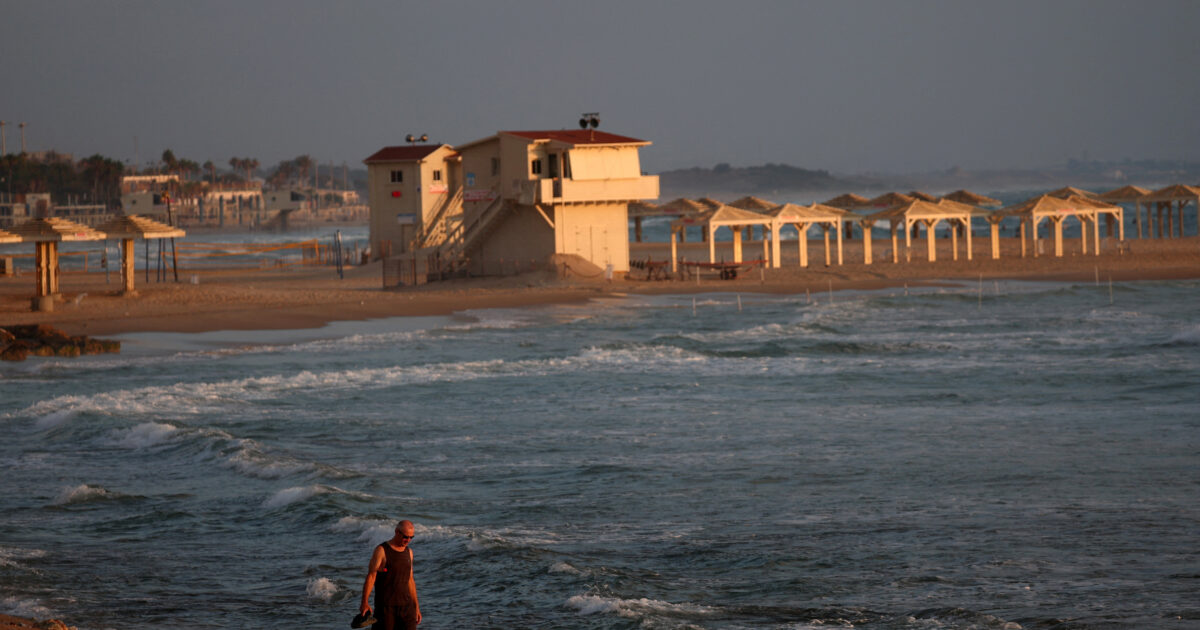OR Mediterranean It overheat if not “boils”. According to the French Meteorological Service, on Monday, June 30, 2025, the middle temperature of the sea surface on the French shores of the Mediterranean reached the highest point ever recorded for June, with 26.04 ° C.
This temperature in the Mediterranean is almost 2 ° C higher than the average of the thirty years 1991-2020, while in the maritime areas around the Cote Cote and Corsica, the Gulf of Lions and the Balearic Islands The rise in temperature is 5 ° C.
According to a report by the French newspaper Le Monde this extremely early heatwave, which mainly affects the western part of the Mediterranean, could, if it insists and intensifies, to test the maritime ecosystems and feed extreme weather.
According to Timo Ginaldo Oceanographer at the Météo-France/CNRS National Meteorological Research Center, the marine heatwaves are now common in the Mediterranean. While appearing only once a year in isolated areas forty years ago, they now appear four times a year on average throughout the pelvis. “The Mediterranean is getting warmer both in summer and winter, and we never restore the clock”notes Timo Ginaldo, warning at the same time that if continued, the sea wave could cause mass extinction of species such as seaweed, molluscs, corals, mussels, etc..
The species that are more “attached” to an area are in danger, as they cannot move to less exposed locations, said in the French newspaper Justino Martinez, a researcher at the Barcelona Institute of Marine Sciences and the Catalan Institute. Martinez also stresses that Temperature rise leads to a lack of oxygen available in seawater for organisms, although – as it notes – researchers have not yet noticed mass mortality associated with heat. However, it continues, it already has an impact on the shellfish reproduction processes, with premature spawning.
The Mediterranean Sea is heated by 0.4 ° C per decade, leading to its “tropical”, the oceanographer Jean -Pierre Gatuzo warns that 1,200 species have reached the Mediterranean from the Red Sea over the last twenty years, such as lion.
Some have been installed there permanently, mainly along the Turkish and Greek coasts, and sometimes up to France, Gatuzo says, noting that a warmer Mediterranean means more climate extreme phenomena.
Warm and humid air from the basin prevents the fall of night temperatures on the coast, helping to increase tropical nights (when temperatures are above or equal to 20 ° C).
It also causes severe thunderstorms and intensifies the “Mediterranean episodes”, these violent heavy rainfall that often occur in autumn, but require specific atmospheric conditions to trigger them. The global warming makes the most serious phenomena more intense and more often ends with Gatuzo.
